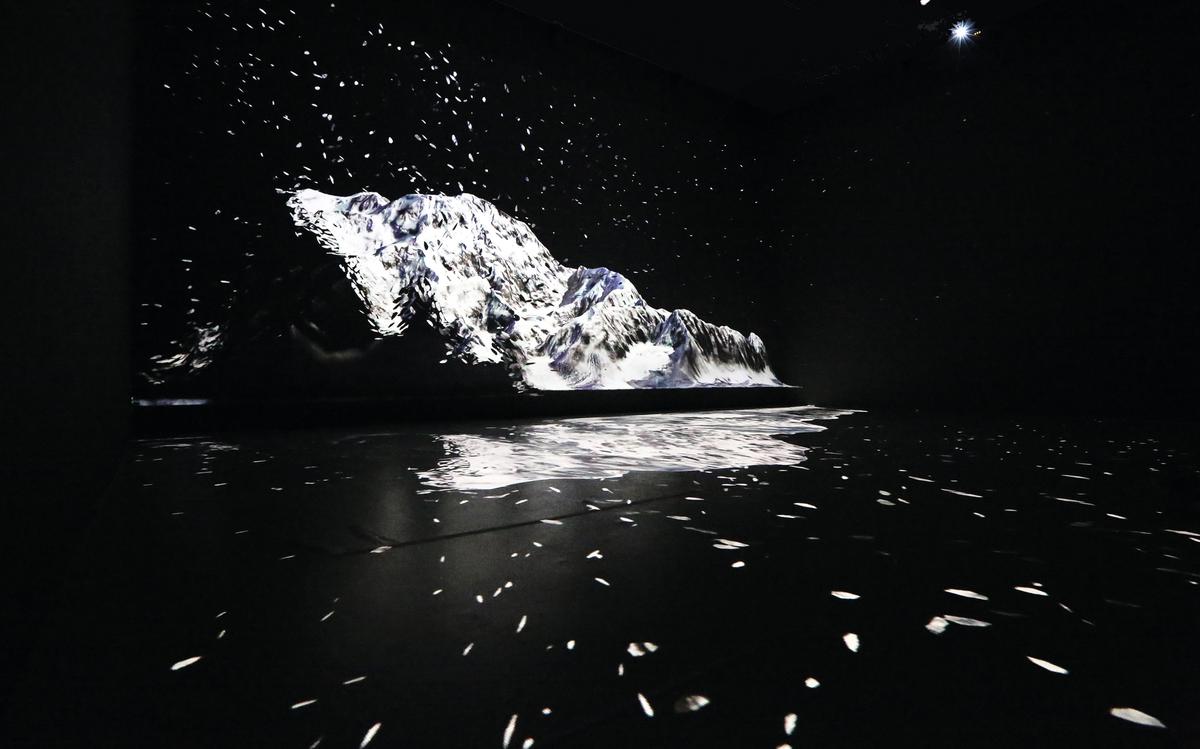Decoding Korea
Grand Palais Immersif, Paris, 26 July-25 August
Visitors to this year’s Paris Olympics will be able to immerse themselves in Korean art and culture—literally. This exhibition at the Grand Palais Immersif—a venue for immersive audio and video work based at the Opéra Bastille—will present Korea’s rise from post-war challenges to global prominence through a range of video art, interactive installations and virtual reality. The artistic director for the project is Daehyung Lee, who curated the Korean pavilion at the Venice Biennale in 2017.
Busan Biennale 2024
17 August-20 October, Busan
South Korea’s second most populated city and a major port, Busan also boasts the country’s most famous beach. The Busan Biennale has been running in its current form since 2002. For this year’s edition, two artistic directors have been appointed for the first time. Philippe Pirotte is an art history professor at Frankfurt’s Städelschule, as well as an associate curator at the Gropius-Bau and an adjunct senior curator at University of California Art Museum and Pacific Film Archive, Berkeley. Vera Mey works as an independent curator and international director of Te Tuhi, New Zealand, while simultaneously completing a PhD at SOAS in London.
Titled Seeing in the Dark, this year’s Biennale will look into the spaces forgotten by the European Enlightenment: “Instead of admonishing darkness, we see these depths as presenting an embracing alternative,” says a project statement. The two artistic directors have been inspired by two very different historical precedents: the so-called “pirate utopias” set up by pirate bands who were often spiritually tolerant and democratic in their decision-making (when not killing and stealing); and Buddhist monasteries, where decisions were also often made by communal assent. Around 75 artists from 35 countries will be on show across the three main venues.
Gwangju Biennale 2024
7 September-1 December, Gwangju
One of Asia’s most prestigious art events, this year’s Gwangju Biennale is tackling the biggest themes there are: the history of human civilisation, climate change and Covid-19. The artistic director is the prominent French curator and theorist Nicolas Bourriaud. “From social distancing due to the pandemic, to climate change, including flooding, desertification and rising sea levels, humanity’s relationship with space has changed dramatically over the past few years,” says Bourriaud. “It is time for a profound discussion about our changed senses and perceptions of spaces.”
The title of the Biennale is Pansori – a soundscape of the 21st century, which pays tribute to pansori, a traditional musical form which originated in south-west Korea. Its literal meaning is “the sound of the public place”; the Biennale will be “built as a narrative about the spaces we live in”. This is the 30th anniversary of the Gwangju Biennale, which was founded in remembrance of the 1980 massacre of hundreds of the city’s people after they rose up against the then-military dictatorship.



